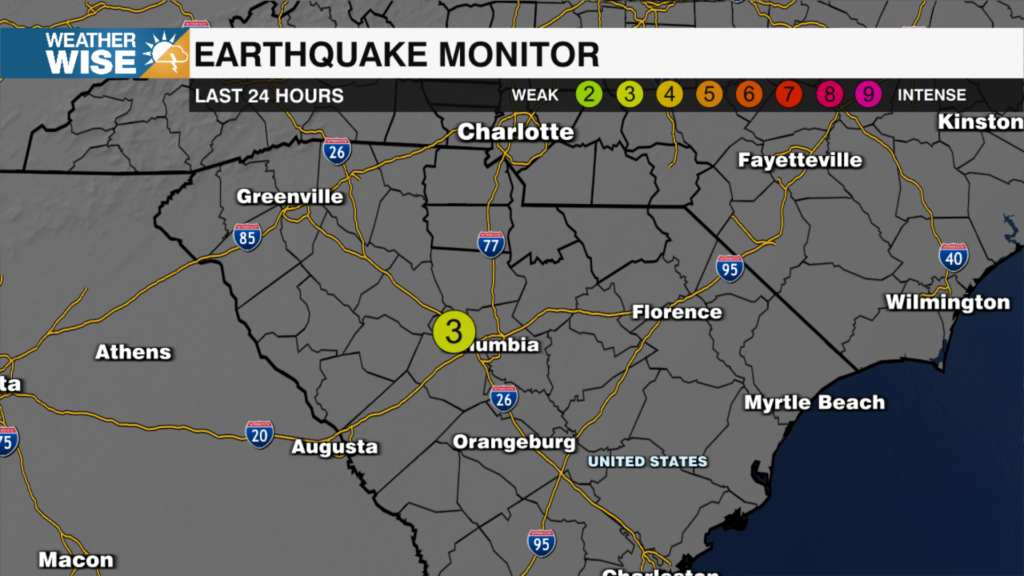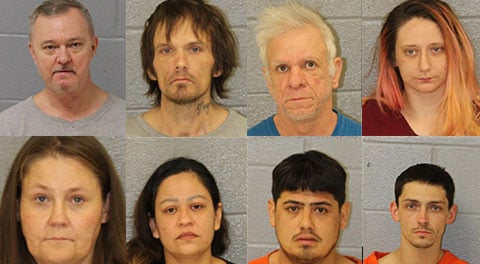Gone Too Soon: Heroin Deaths in Charlotte Part 2
CHARLOTTE, N.C. “I remember he was in the cool crowd,” says Melissa Davis Boyd about her brother, Joey Davis. Joey was loved and raised in a middle-class, Christian family in Rock Hill, SC. He went to private school. He loved to fish. He loved his sister. “(He was) non-materialistic, he did not need a thing in the world. Could not care less about what he drove, what clothes he had,” says Boyd. But, “When he was using, he couldn’t be still. He was almost mean.”
Joey started drinking and smoking pot around 7th grade. He was sent to rehab in 10th grade. But he used off and on for the next decade. Any time Joey was arrested, his family felt relief. Boyd says, “In those moments, those weeks, months, at least we knew for that amount of time, in a sense, he was OK.”
Joey Davis died when he was 28. His body was found alone, propped up against a church in Charlotte.
Boyd says, “When we got the autopsy, I didn’t understand it,” and “(I) had to call because I didn’t know what it meant.”
She got an ugly answer: “Too much heroin.”
The family didn’t know Joey was using heroin. But looking back, there were red flags. She says, “Well, we found some needles that were insulin needles and he said those were his friend’s who was diabetic. That wasn’t the case obviously.”
“We hide from things that really scare the heck out of us,” says an undercover detective with Charlotte-Mecklenburg Police Department’s Vice and Narcotics unit. For 18 years, the detective has made a career of surrounding himself with heroin addicts. He knows the signs and symptoms, and he says to take serious note if your child’s hygiene or energy levels drop or if they suddenly start wearing long sleeves.
“It is their job as an addict to lie to you. It’s their job to convince you that they’re not using, that everything is ok. It’s your job to ignore it, go with what your senses tell you, and with what you actually see. That’s you job,” he says.
His job is a tricky one. He says heroin addicts aren’t afraid of being arrested. They’re afraid of withdrawal. “Their fear is not going to jail. Their fear is getting sick if they go to jail. Two very different things. ‘I can handle going to jail. I just don’t wanna be sick,'” he explains.
CMPD’s drug records show nore people are being arrested for heroin. More people are overdosing on heroin. And more people are dying from heroin.
This undercover’s measure of success is not snuffing out heroin, but controlling it. Shrinking it. Keeping new people from trying it. He says, “It’s easier to say no the first time than it is the second, third, fourth time.” WCCB News @ Ten anchor Morgan Fogarty asked him, “Are we losing the war if more people are trying it?” He replied, “I’m not gonna say we’re losing it. I’m saying we’re fighting it.”
Melissa Boyd is fighting heroin by talking about it. She says, “I’ll tell ya in a heartbeat what Joey died of. Is it painful and hard to say? Yeah.” She continues, “The more you talk about it, the more we can break down that wall.”
“It is the devil. It is the worst thing on the face of this earth,” says a man who only wants to be identified as “Darryl.” He shoots up heroin three times a day. He’s been doing it for four years. He wants to stop. He wants his story to stop you. He says, “What you’re gonna do is you’re gonna take every hope and dream and every bit of goodness in your soul and ball it up and throw it in the trash,” and, “You’re gonna start with everything. and you’re gonna end up with nothing.”
Darryl’s quit cold turkey three times. It has never worked. He says, “I’m kinda running out of time, you know? That’s how I feel about it. If it’s not done soon. I don’t know what’s gonna happen.”
Look for a video update from Darryl here and click here for the extended cut of WCCB Charlotte’s series on heroin.




